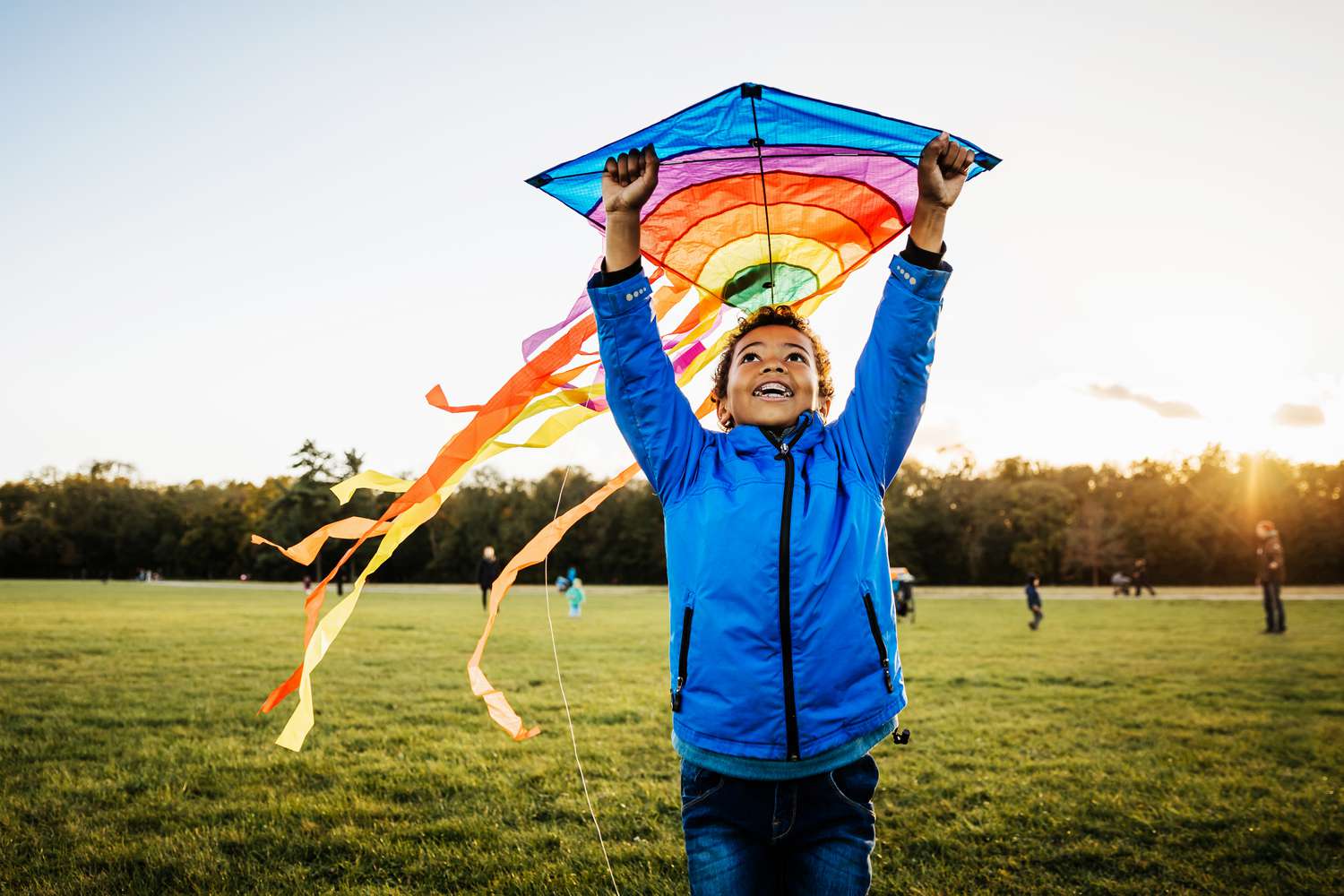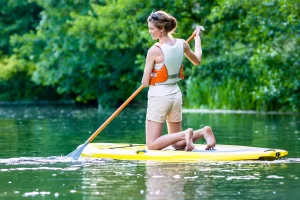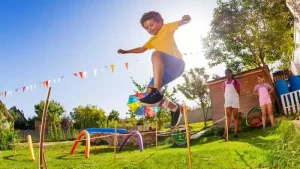A Look at Some Fun and Educational Outdoor Games
At this point in time, it can be hard to get kids outside and doing physical activities. However, outdoor games that combine fun and learning can be a great option. Not only are outdoor sports good for your body, they are also good for your mind and help you make friends. Let’s talk about some creative ways to make outdoor play fun and useful for kids.
Old-Time Outdoor Games Tag games have been updated with educational twists.
Adding educational features to classic tag games like “Freeze Tag” or “Blob Tag” can make them more fun. People who play “Math Tag,” for example, have to solve math questions to stay away from being tagged. The kids stay busy and improve their math skills at the same time.
Treasure hunts with educational parts
Kids always enjoy treasure hunts, and they can also teach them things. Set up treasure hunts with hints that lead to historical sites or teach people about the plants and animals that live in the area. This makes a simple game into a useful way to learn.
Relay races that focus on working together and coordinating
There’s no better way to improve teamwork and timing than to do a relay run. Set up shuttle races where each person on the team has to do something linked to the subject, like answer knowledge questions or name words. This makes working together more likely and improves intellectual skills at the same time.
Nature-based games for exploring
Identifying and watching birds
Birdwatching is a great way for kids to learn about nature and improve their observation skills at the same time. Give them binoculars and bird identification books to help them learn about different kinds of birds. This game makes you value wildlife and different kinds of plants and animals.
Scavenger hunts in the outdoors
Scavenger hunts make people want to explore and learn more. Make treasure hunt lists with things you can find in nature, like animal tracks, pinecones, and plants. This teaches kids about the world around them and makes people more aware of the environment.
Things to do in the garden that teach about ecosystems and plants
A garden is a fun way to learn about plants and how ecosystems work. Kids should help you grow and take care of a garden. This will teach them about healthy dirt, plant life cycles, and how important insects are. This makes people more responsible and interested in taking care of the earth.
Playing imaginatively and creatively by building forts or shelters out of natural materials
Using sticks, twigs, and leaves to build forts or houses helps kids be creative and learn how to solve problems. The building process lets kids learn about physics and the wild world at the same time.
Projects for outdoor art Get ideas from nature
Kids can be creative and connect with nature through art projects that are based on nature. Gather things from nature, like rocks, flowers, and leaves, to make art like drawings, statues, and mandalas. This practice encourages people to express themselves artistically and care about the world.
Sessions for telling stories outside
Telling stories outside helps kids develop their imaginations and reading skills. Get the kids together in a circle and take turns telling stories that are based on what you see. This helps people talk to each other and develops a love for nature and stories.
Sports with educational parts
Soccer drills that focus on communication and strategy
You can change soccer drills to teach planning and how to talk to others. You should use games that require players to quickly decide what to do or talk to their partners clearly. This not only makes you better at sports, but it also makes you smarter.
Adding math skills to basketball games
You can use basketball games to improve your math. Give each shot a certain number of points based on its distance, and tell the players to keep track of their scores in their minds while they play. In this way, math is fun and useful in real life.
Lessons in tennis Teaching the basics of physics
You can learn about physics concepts like force, motion, and direction while taking tennis classes. As you practice different moves and methods, talk about ideas like motion and gravity. This keeps learning science interesting and useful.
How to Keep Kids Safe While Playing Outside
Water and Sun Protection
Make sure kids are safe outside by protecting them from the sun and telling them to drink water. To protect kids from UV rays, use sunscreen, hats, and sunglasses. Also, tell them to drink a lot of water to stay refreshed, really on hot days.
Setting limits and keeping an eye on things
Supervision is very important when playing outside, especially in places you don’t know. Make sure kids are safe by setting clear limits and rules, but still let them explore and have fun.
How to Give First Aid for Small Injuries
Teach kids basic first aid so they can take care of small accidents that might happen while they’re playing outside. Clear up cuts and scrapes and put on a bandage. Teach them when to get help from an adult for more serious accidents.
In conclusion
Outdoor games that are both fun and educational are a great way to keep kids moving, interested, and learning. Parents and teachers can give kids fun outdoor activities that are good for their physical, mental, and social growth by changing up old games, exploring nature, encouraging imagination, and incorporating school concepts into sports.
FAQs
Are these outdoor games good for kids of all ages?
There are many ways to change these games so they can be played by people of all ages and skill levels.
How can I make sure my kid is safe when they play outside?
To keep everyone safe, it’s important to keep an eye on things, set limits, and teach simple first aid.
Do these games need any extra tools or equipment?
Some games may need simple tools, but a lot of them can be played with things you can find in nature or around the house.
Where can I find ways to get my kid to do things outside?
Make playing outside fun and interesting by letting them pick out the activities and stressing the health benefits of being outside.
Can you play these games by yourself, or do you need a group?
Some games are meant to be played with a group, but many can be changed so that they can be played by one person or with a small group.



